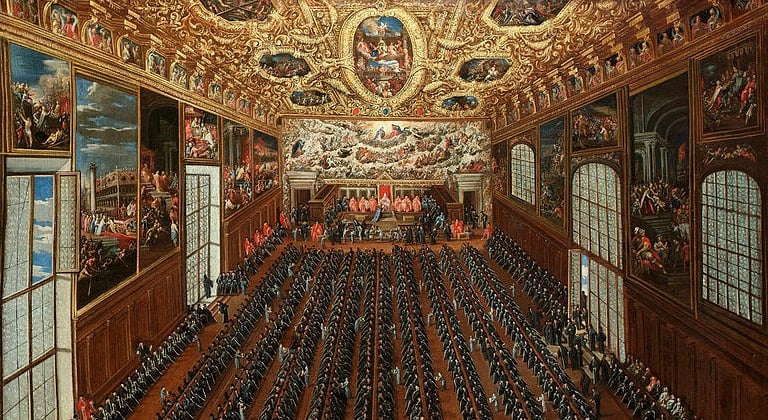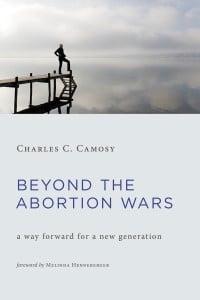
============

Artur Rosman: Why is abortion such a contentious issue? Has it always been so? It seems the Greeks and Romans were much more lackadaisical about it.
Charles C. Camosy: No, it most certainly hasn’t always been this way. As you point out, abortion (and infanticide) were pretty much par for the course in ancient Greece and Rome. I sometimes show my students a copy of an ancient papyrus letter from a migrant-worker in Alexandria to his pregnant wife. It is a very loving letter: full of encouragements and concerns about her welfare. At the end of the letter, he quite matter-of-factly says that if she has the baby, and its a girl, she is to throw it out. As if he’s reminding her to take out the trash or something.
Christianity coming on the scene in the West helped change these attitudes, of course. From its very beginnings, the Christian churches thought they were called to resist abortion and infanticide (which they considered to be quite similar), perhaps because of a more general concern for the vulnerable and marginalized, but also because of Jesus’ clear command: “Let the little children come to me.” Of course, this view was a subject of ridicule and scorn for pagan Greece and Rome. . . much like it is today for a good chunk of our post-Christian Western culture.
Another development that has pushed it back into the public sphere of contentiousness has been dramatic increases in science and technology in relation to the prenatal child. We not only know a lot more about the child biologically, but that reality is now shown in photos on mobile glowing rectangular screens in nearly every corner of the world. A colleague recently showed me a prenatal photo of his granddaughter on his phone and said, “Charlie, she’s got a name, a prepared room, godparents, even clothes picked out. The only thing she doesn’t have is the right to be born.” When almost everyone can see the face of someone so marginalized, this is a game-changer. Perhaps it is the reason that Millennials are far more skeptical of abortion than the previous two generations were at their age. They grew up with the profound reality of prenatal children as part of their lives in a way that other generations did not.
AR: There are frequent objections to using faith in debates about abortion, which are supposedly supposed to be purely rational. But cannot one say that both sides of the abortion debate are working from notions of human dignity (or the woman and/or the child) that “secular” reason inherited from the Christian theological tradition?
















